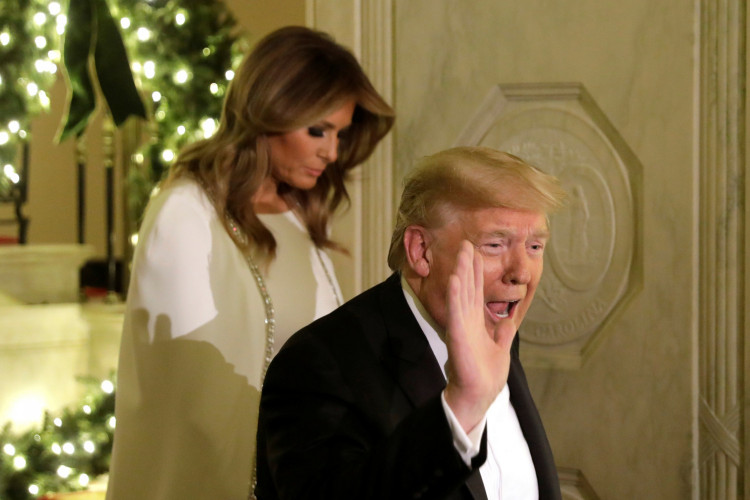Chief financial officers (CFOs) responding to the CNBC Global CFO Council survey for the fourth quarter of this year remain adamant in their belief the U.S. economy won't experience an economic recession in 2020. Fully 71% of CFOs held this position.
On the other hand, CFOs from Europe, the Middle East, and Africa were less bullish on U.S. economic prospects. Almost half believe U.S. output might shrink in 2020. The Council's global economic outlook has weakened slightly on a geographic basis. Now, four of 11 countries or regions -- China, the Eurozone (less the United Kingdom), Latin America (excluding Brazil) and the United Kingdom -- are all seen as "declining." All other areas, including the U.S., were rated as "stable."
This result compares to the Q3 survey that found three regions in the world where CFOs describe economic conditions as "declining." These are China, the Eurozone, and the United Kingdom. The U.K. has been "declining" for three straight quarters. On the other hand, both the Eurozone and China slipped from "stable" in Q2 to declining in Q3.
CFOs said the U.S. economic situation shifted from "improving" in Q2 to "stable" in Q3. Most said Trump's unresolved trade war against China might further pressure the outlook in future surveys.
The political aspect of the Q4 survey hasn't been revealed but indications are it will closely mirror the Q3 results. In Q3, more than two-thirds of the 62 CFOs that responded to the survey said Trump will win re-election in 2020. The remaining fourth said, former vice president Joe Biden will be the 46th U.S. president.
A key reason for their sticking with Trump is that the trade repercussions from the trade war ignited by Trump in 2018 aren't stoking fears of an inevitable recession in 2020 given the surprising strength of the U.S. economy. Sixty-five percent of CFOs predict the U.S. economy won't experience a recession in 2020. These people also don't support Trump's mistaken view more interest-rate cuts from the U.S. Federal Reserve are needed to preserve economic growth. Most CFOs concur that the current level of interest rates are "appropriate."
CNBC noted that based on past surveys, CFOs tend to follow the prevailing political sentiment rather than going against it.
The CNBC survey again confirms the divisive Trump administration trade policy remains a headwind to growth. A majority of CFOs say Trump's trade policy will be negative for their business until the second quarter of 2020
Nearly half admitted their companies experienced higher input costs as a result of Trump's tariffs. More than a quarter said their firms have increased prices to offset higher costs.
The CFOs were respondents to the quarterly CNBC Global CFO Council survey for the third quarter of this year. This is the first time the CNBC CFO survey has asked C-suite executives about the November 2020 the presidential election this early in the election cycle.
The firms surveyed by the CNBC Global CFO Council are some of the largest public and private companies in the world. These firms manage more than $5 trillion in market value across a broad range of sectors. The Q3 2019 survey was conducted between Aug. 21 and Sept. 3.






